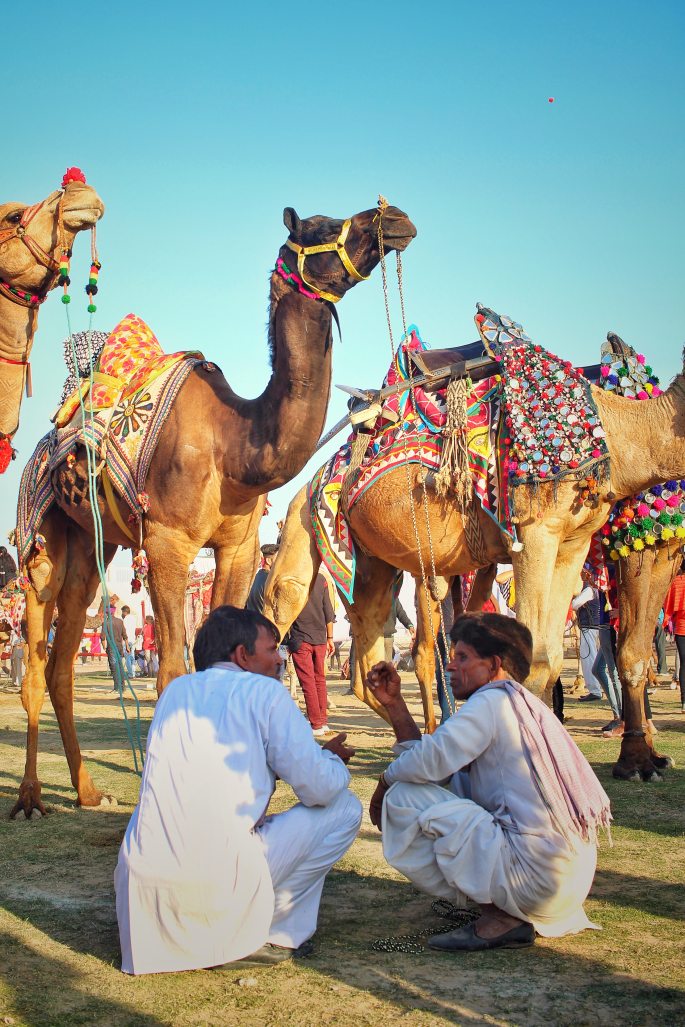
In this post I want to explore the phenomenon that I’ve noticed occurring in media and social media rhetoric surrounding vegans. It’s common to witness people remarking that veganism is expensive, for white, upper-middle class people, riddled with privilege, or, worse: a fad diet movement.
Within all of these comments or articles there is a common thread: somehow veganism as an ethical stance can be dismissed by association. There are many red herrings that get away from the main question any ethical vegan has; which is to simply ask whether it is ethical to kill and consume animals or use their secretions for our food. This red herring is among many that helps to maintain the cultural norm of eating animals and avoiding the ultimately personal question of whether the consumption of animal products is ethical or necessary. When we associate and therefore dismiss veganism because of a created and maintained public image, we do a great disservice to the culturally diverse voices found within the movement.
As many people argue that veganism is a “new” growing trend, they ignore cultures and religious movements that have been vegetarian or vegan for millennia. Among them are Jains, Hindus, many Buddhists, sects of Christianity like certain monastic communities and Seventh-Day Adventists, the Rastafari movement, and some North American Indigenous communities. (I will eventually explore each of these in their own posts under the lenses of religious studies and anthropology.)
The more I explore veganism, the more I uncover these often unheard voices, voices that are dismissed as quiet or seen as outliers. I could probably write a short book on all of the movements, collectives and communities that are not, in fact, wealthy and/or white. Since this is a blog, I’ll make a case using several movements I’ve encountered or learned about recently.
A fast-growing movement right now is Black Vegfest (https://blackvegfest.org/), a festival for African-Americans and allies to learn about veganism, share stories, knowledge and ideas, and to enhance intersectionality in struggles for health, environmental justice and animal rights. It’s been happening in New York and there is discussion of expanding to other cities across the United States.
We also have indigenous scholars and elders advocating for modern custodianship of the earth through veganism. They run the gamut from Eastern Canadian Mi’kmaq scholars to Native Americans across the USA. Indigenous voices in the movement have come with controversy at times, especially because the traditional use of animals for food, clothing and other necessities is a deep and important part of many historical cultures on this continent. In order to bring this movement out of its current image, we do have work to do on decolonizing veganism through active dialogue, creating food security and availability in marginalized communities, and noting which facets of the movement may be continuing forms of oppression; which frequently includes indigenous communities.
Many indigenous vegans make the argument that veganism/vegetarianism can be compatible, and in many cases, has become necessary in the face of such deep environmental degradation (which also, of course, has links to historical colonialism). Navigating difficult waters between tradition, autonomy and our modern food systems/inequalities makes indigenous voices needed and crucial in the advancement of animal rights and the protection of our earth.
In the US Latino community, many are also working to remove the whitened image of veganism and also provide financially viable vegan food for people, as one Latino vegan chef notes, “I wanted to find a good vegan taco de carnitas,” he said, “and I couldn’t find an affordable one. They were only at affluent vegan hipster spots.” When we speak of intersectionality in veganism, this includes the creation of restaurants, stores and spaces that are affordable and accessible, and also led by people of colour and other minority groups.
Vegan Feminist Network wrote a piece for Asian History Month in Canada by highlighting many amazing Asian vegan women and the work that they do both for animals and feminism/intersectionality.
http://veganfeministnetwork.com/history/vegan-asian-womens-history/)
In some Muslim communities, people are reorienting traditions in ways that don’t require eating or harming animals in rituals and feasts. Speaking to fellow brothers and sisters, a movement of compassion extended to animals and based upon the Qur’an is inspiring hundreds, perhaps thousands, of Muslims to adapt ancient practices for both religious and environmental reasons.
https://www.livekindly.co/vegan-muslims-create-new-qurbani-sacrifice-tradition/
Redefining the cultural image of veganism will take work. It will take the efforts of both minority/marginalized communities, and vegan allies who are knowledgeable about the these communities/voices to share their work as well. Broadening the cultural image and increasing the accessibility of veganism will also mean that we confront classism, racism and other barriers that prevent individuals and communities from taking veganism seriously. The movements and work mentioned above are a tiny start, a jumping-off point that I hope even one person reading this has a chance to look at and share elsewhere. The movement is far from perfect, but the more voices we have, the more we listen to, and the more work we do to address the issues in our movement, the stronger and more cohesive we can become.
